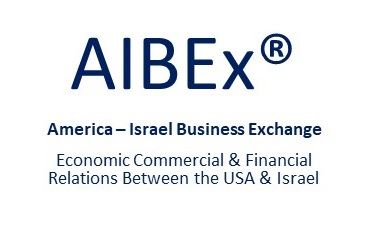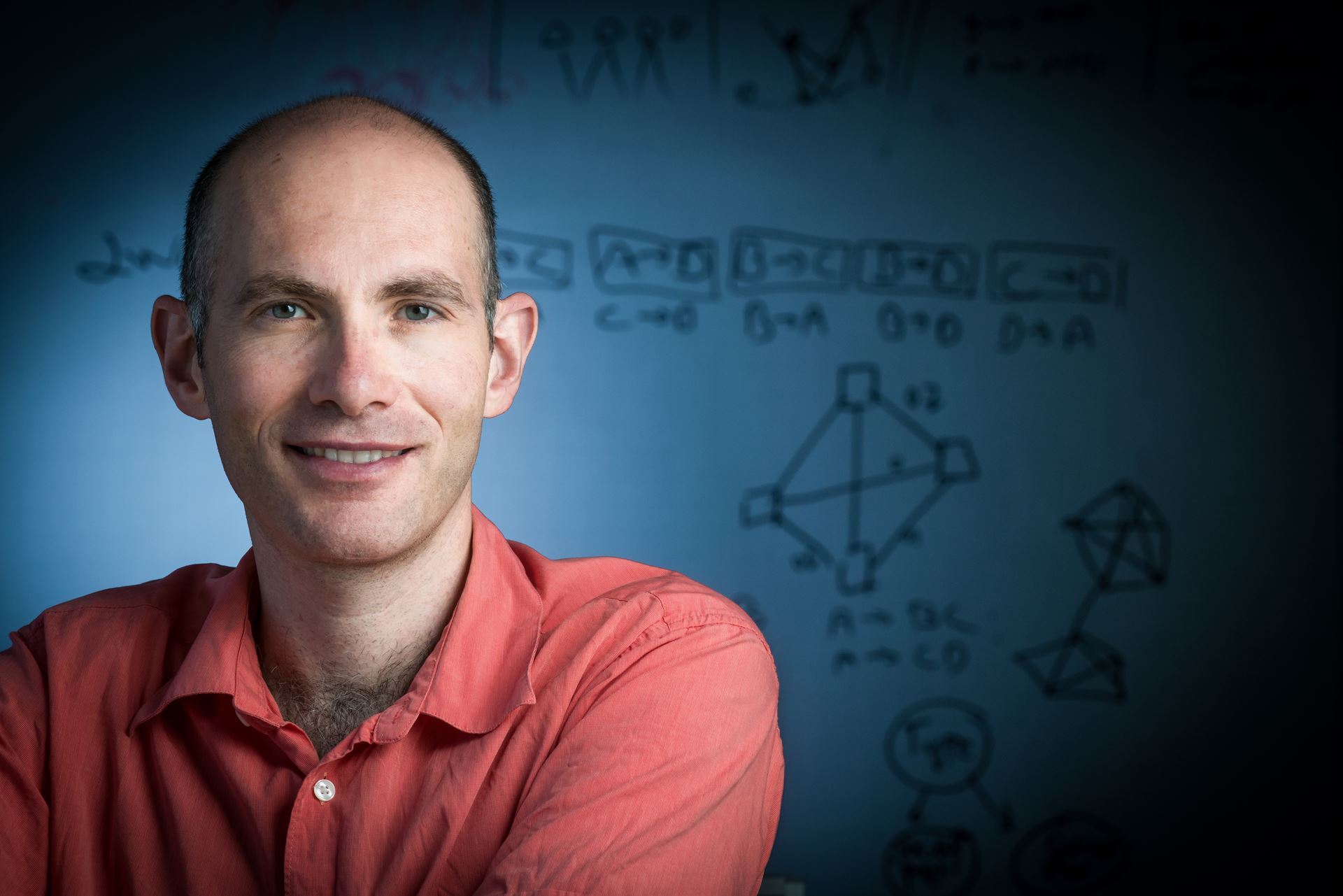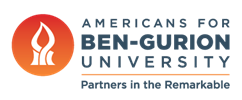- Home
- Professor_Gal
Israel Inovation Showcase Artificial Intelligence: How Israeli Companies Are Shaping the Future
Guest Speaker Professor Ya’akov “Kobi” Gal Head of Human Computer Decision-Making Lab Department of Information Systems Engineering Ben-Gurion University of the Negev |
|
Professor Kobi Gal is a member of Ben-Gurion University’s Department of Information Systems Engineering and an Associate Professor of Harvard University’s School of Engineering and Applied Sciences. He is also the head of BGU’s Human-Computer Decision-Making Lab and a member of the University’s Artificial Intelligence Group. His research focuses on multi-agent decision-making in teams comprised of human and computer “colleagues.”
Professor Gal has also worked on combining AI algorithms with educational technology to help students learn more effectively. He has published over 40 papers on topics ranging from artificial intelligence to the learning and cognitive sciences. He received the Wolf Foundation's 2013 Krill Prize for Young Israeli Scientists, a Marie Curie international fellowship, and is a three-time recipient of Harvard’s outstanding teacher award.
Friend or Foe? Exploring the Artificial Intelligence (AI)
Revolution From Siri and Alexa to self-driving cars, AI is driving a level of transformation in our lives that has not been seen since the Industrial Revolution. This AI revolution has vastly improved our quality of life while also raising concerns about the long-term effects on humanity, whether ethical, social or economic.
During his talk, Professor Gal will address several questions including what exactly is AI? What happens when computers achieve human-level intelligence? How is AI helping us today and in what ways can it be dangerous?
He will also describe ongoing work in his lab devoted to designing systems that learn to collaborate, rather than replace, their human partners. Dr. Gal will also present several examples of how AI can meet the challenges ahead by combining insights from behavioral economics and psychology. He will also showcase how this approach can significantly improve existing systems for e-learning, negotiation and citizen science.




